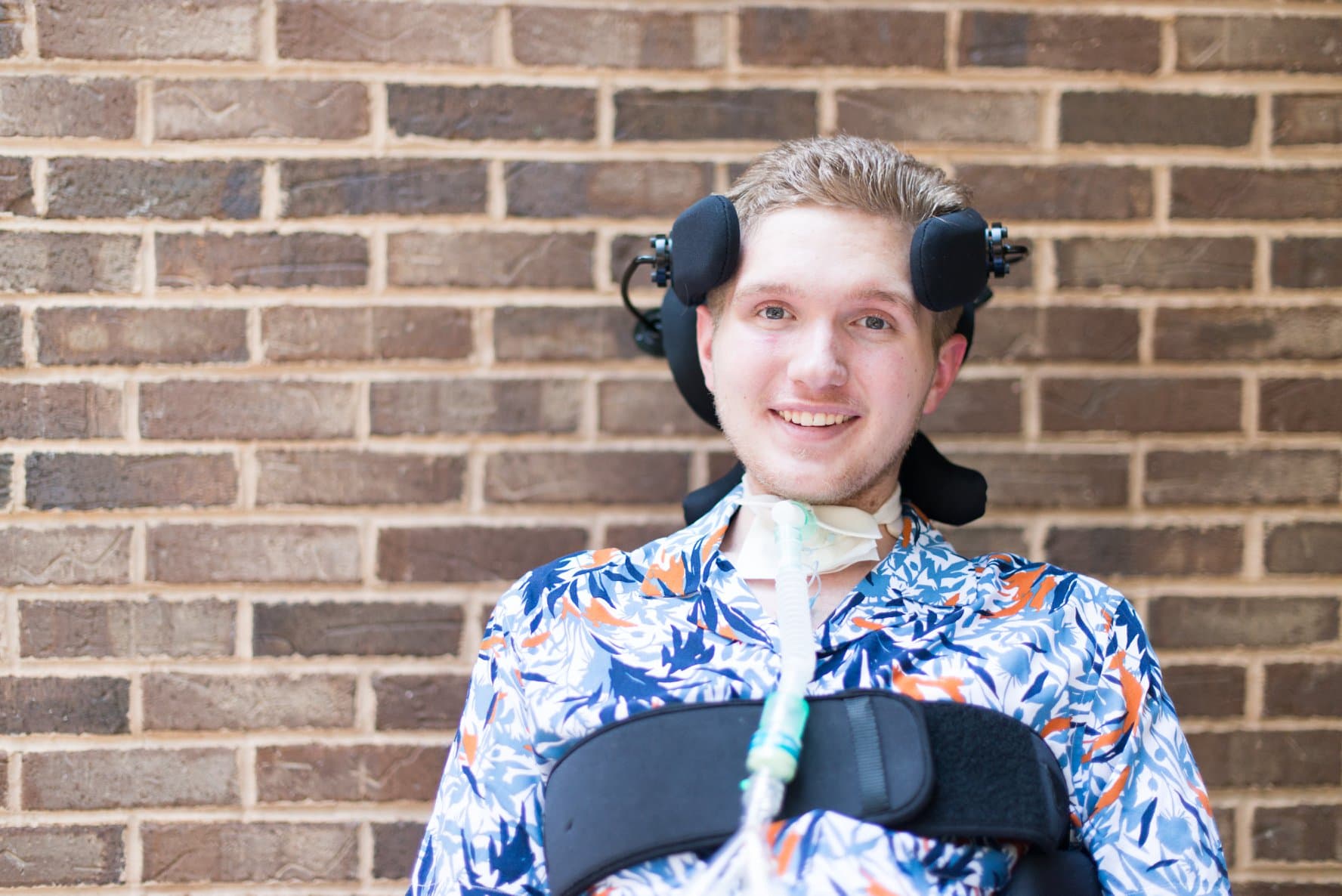Understanding how to compare your options for specialized care
Finding the right spinal cord injury (SCI) rehabilitation center can make a significant difference in recovery outcomes. Yet, it’s not always clear what sets one hospital apart from another. Whether you’re comparing local options or considering traveling for care, understanding the critical factors in specialized SCI rehabilitation can empower you to make the best choice for your health and well-being.
Key factors in selecting a spinal cord injury rehabilitation center
A spinal cord injury is a life-changing event, and selecting the right rehabilitation center is one of the most important decisions you’ll make for your recovery. This choice requires more than recommendations from your doctor or family members — it involves gathering critical information about each facility’s expertise, programs, and outcomes.
To make an informed choice, compare at least three rehabilitation programs to determine the best fit for your needs or your loved one’s recovery. Here are some key factors and questions to help guide your choice.

